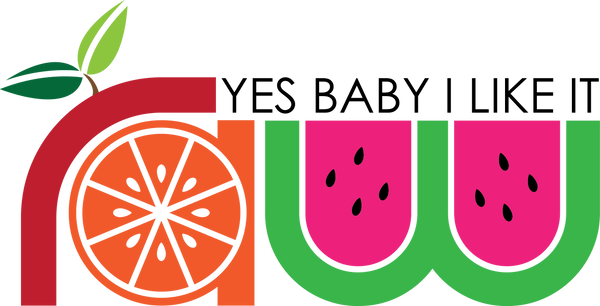The challenge for many when transitioning into a plant-based lifestyle especially a vegan is discovering everything you thought was vegan may not be.
Wine happens to be one of those items. So yes on the surface it makes sense to assume that wine is vegan as it is derived from grapes. Wine is essentially fermented grape juice. Yeast is used to convert the grape juice sugar into alcohol.
Where it gets sticky is the clarification process what they call “fining.” Young wine can have tiny particles like proteins, and tannins for example. It is also hazy. Although harmless aesthetically wine drinkers like their wines clear and bright. Most wines when left alone will self-stabilize and self-fine. However producers use fining agents to help the process along. The fining agents act like a magnet to attract the molecules around it. This creates large particles that can be easily removed.

So what do they use as fining agents:
Casein (a milk protein)
Albumin (egg whites)
Gelatin (animal protein)
Isinglass (fish bladder protein)
They are not additives to the wine as they are removed with haze molecules. However tiny traces if the fining agents may be absorbed into the wine during the fining process. If any of these four agents listed were used it would make the wine unacceptable for vegans, where as for vegetarians the casein and albumin would be fine.
Many winemakers are using alternative fining agents like bentonite clay or activated charcoal making the wines vegan and vegetarian-friendly. A great example of what is out there John Salley a fellow vegan has partnered with the Vegan Vine Wine to create a line of vegan wines.
As you transition further into a plant-based lifestyle reading labels and research is critical. Be informed and stay away from assumptions.
So how do you sift and sort out vegan versus non-vegan check out http://www.barnivore.com/ it is your vegan alcohol directory.


